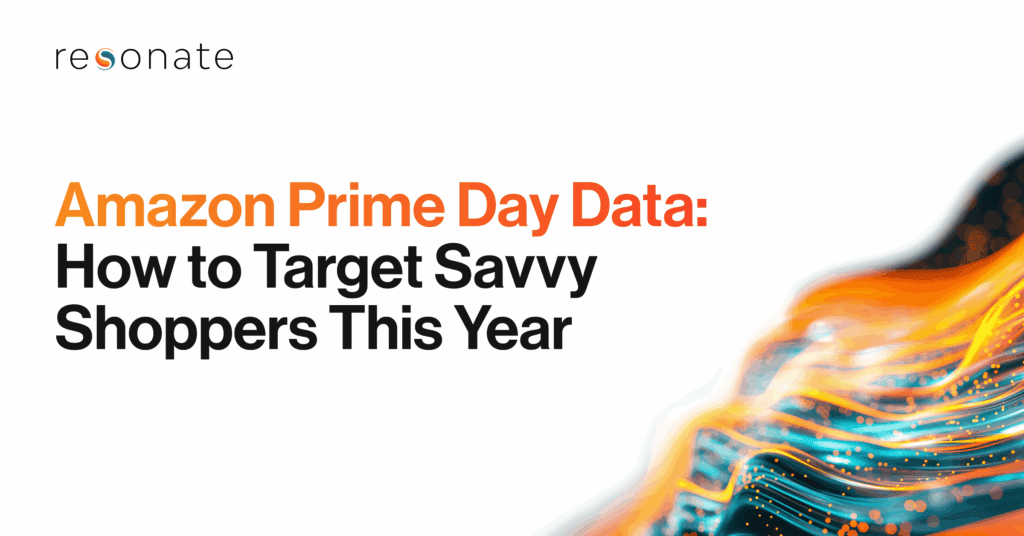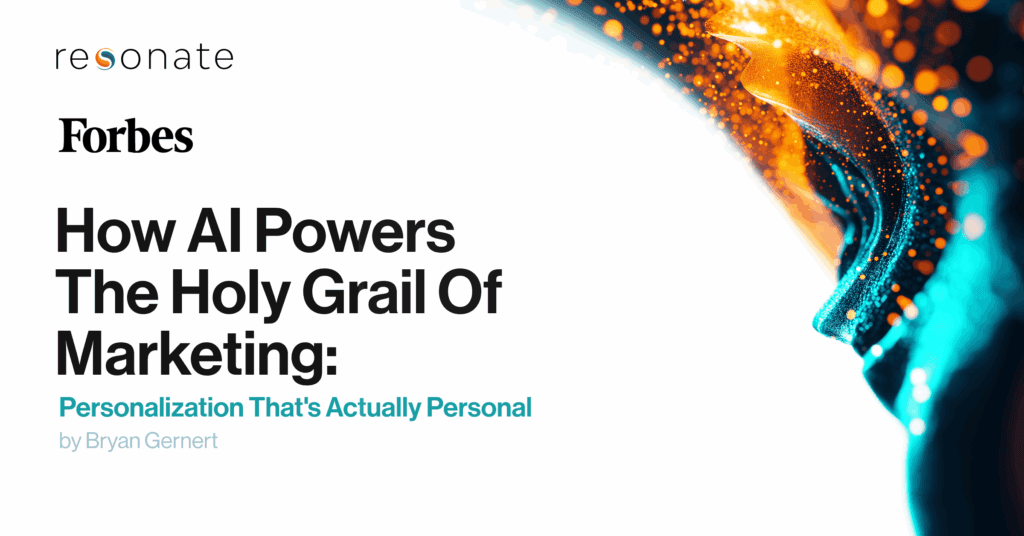This article featuring Shiva Sharif appeared in Global FinTech Series. Read it here.
Today’s investors are increasingly embracing their ability to change the world, and that means they’re pursuing strategies that align with their values as well as their pocketbooks. The best evidence of this is the rise of exchange-traded funds (ETFs) focused on screening investments based on environmental, social and governance factors (ESG).
In 2022, ESG-minded companies and investments will continue to proliferate and redefine markets.
According to a Bloomberg Intelligence study, global ESG assets are on track to surpass $53 trillion by 2025; this represents over a third of a projected $140.5 trillion in total assets under management.
Another reason investors are flocking to ESG funds is that they’ve proved to be resilient during the pandemic. Of 26 ESG funds analyzed by S&P Global Market Intelligence from March 2020 to March 2021, 19 of those funds performed better than the S&P 500 did.
Finally, and most importantly, consumers want to see businesses play an even more prominent role in accelerating progress on ESG concerns. And, according to PwC, more than three-quarters of consumers, employees and executives say they’ll reward companies for doing so.
We recently tapped into our AI-powered platform to gain deeper insights into what drives today’s growing group of ESG investors. We looked at two distinct groups of people who are considering environmental, social and governance factors when judging an investment’s financial returns and its overall impact—those with assets between $50,000 and $499,000 (conservative investors) and those with non-retirement assets over $500,000 (trustworthy investors). For forward-thinking financial services companies that are increasing focus on impact investing, these audiences offer a snapshot of their future ESG investors and what drives them.
The Conservative ESG Investor
Let’s take a look at the conservative ESG investor first.
This group has non-retirement assets between $50,000 and $499,000 and tends to be more conservative-leaning in their personal values, which ultimately impacts their buying and investing habits.
We found:
- 2 in 5 contributed money to a charity because of an important social issue.
- 1 in 4 would stop purchasing from a company if they did not actively try to limit harmful pollutants and chemicals.
- This group generally does not prioritize companies based on community support or sustainability efforts
In terms of top personal values, conservative ESG investors place deep credence in safety and community in nation, maintaining traditions, and obeying laws and fulfilling obligations. When choosing a financial products company, this group collectively prioritizes the company’s reputation and financial stability, as well as good value for their money.
By age, there are clear preference breakdowns as well. For investors aged 55-64, the financial stability of a company is a top priority. Investors aged 45-54 believe the matter of greatest importance is safety. As for younger investors (ages 35-44), their prime concern is choosing a reputable financial product company.
The Trustworthy ESG Investor
We also looked at another group of ESG investors—dubbed as “trustworthy” ESG investors, with non-retirement assets over $500,000—who shared a number of similar characteristics and values. In general:
- 1 in 2 contributed money to a charity because of an important social issue
- 3 in 10 prefer to purchase from companies that treat their employees fairly
- 1 in 5 believe donating money is one of the best ways to help the environment
Looking at investors, we see similarities but also nuances between conservative and trustworthy ESG investor audiences. Similar to the conservative investor, the trustworthy ESG investor values obeying laws and believes in a strong state and a stable society. However, they also have a desire to be seen as reliable and trustworthy, a value that revolves around self-transcendence.
Trustworthy ESG investors value the importance of being dependable, responsible, and faithful to family and friends. Another similarity between these two groups of investors is that, like the conservative ESG investor, the trustworthy ESG investor will choose a financial product company based on a company’s financial stability and emphasizes the need to find a reputable company. That said, this group also values a company that’s dependable just like them—in fact, they’re 72 percent more likely to choose a particular financial product company based on dependability.
Cutting Through the ESG Clutter
Broad-based adoption of ESG has given investors more choices.
Financial services companies that want to attract these up-and-coming ESG investors in an increasingly digital world will need a targeted strategy to cut through the noise.
To show the growing power of ESG as an investment differentiator, companies have to empower their current and future customers to align their investments with their personal values. And to do that, they’ll need dynamic, actionable data to understand what types of ESG initiatives matter most to target investors and which personal values drive their decision-making.
Armed with these insights, financial service companies will be better equipped than ever to attract the investors whose finances—and personal passions—align best with their visions for the future.



